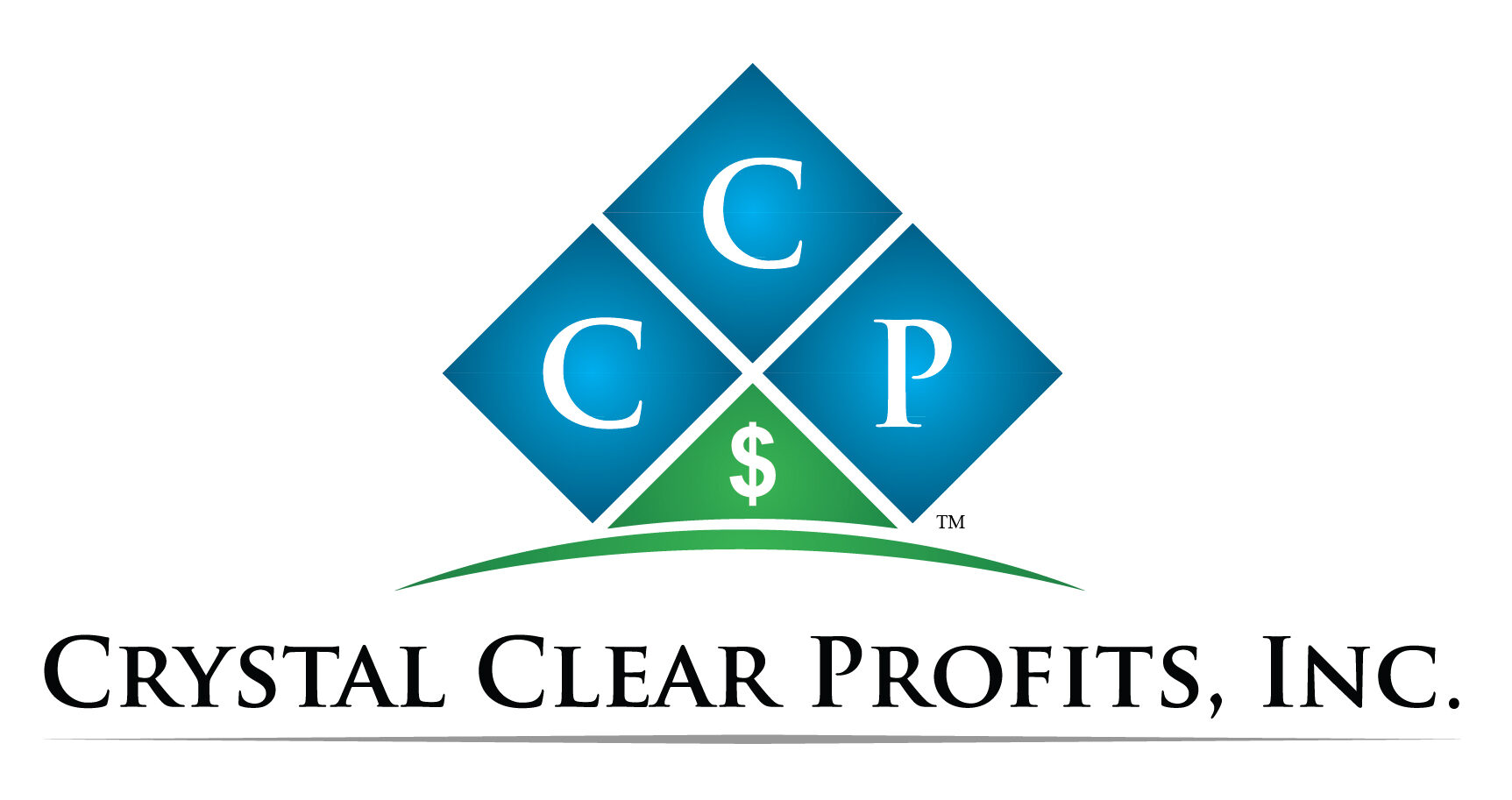Do You Get Caught up in the Flurry of Black Friday and Cyber Monday or Are Your Looking at Your Long Term Future?
In my early 20’s when I had nothing, absolutely… yes, I was all caught up with the Black Friday sales. Rising up at 4:00 a.m. so I could be at the store when it opened because I’m all for a sale. In looking back, I acquired more stuff and got into a bad habit of buying because it was on sale even if I didn’t really need it. Like many of you who are downsizing, I have a house full of things that I acquired and don’t have the heart to throw it away or give it away.
In a world driven by consumerism and instant gratification, the choices we make with our money have far-reaching implications. Beyond the immediate satisfaction of material possessions, there lies a powerful opportunity to invest in things that matter for the long term. We never taught these things at a young age and like most families, we wanted faster and better. The marketing these days has taught us to fulfill our desire immediately.
Today, we’re going to explore a new concept to some of you on mindful spending and how we can make choices that not only align with your values but also contribute to a sustainable and fulfilling future for you and your family.
- Define Your Values: Before delving into where to invest your money, it’s critical to identify what your core values are. What matters most to you? Is it environmental sustainability, social justice, education, or perhaps supporting local businesses? Understanding your values provides a foundation for making informed decisions that resonate with your personal beliefs.
- Conscious Consumerism: Every purchase is a choice. Adopting a mindset of conscious consumerism involves considering the ethical and environmental impact of your buying decisions. Support businesses and products that align with your values, such as those committed to fair labor practices, sustainable sourcing, and eco-friendly production. In addition, you want to think about how what you are investing or purchasing is benefitting your business. Is it a direct write-off for the business? One of my mentors, Grant Cardone, has a rule that if it’s not tax deductible or has a way to become tax deductible, then you shouldn’t buy it. Even your necessities should be evaluated for quality over quantity.
- Invest in Experiences: While material possessions provide momentary joy, investing in experiences can yield long-lasting fulfillment. Consider allocating your funds towards activities that create memories, foster personal growth, and deepen connections with others while making it a business deduction. Whether it’s travel, education, or cultural experiences, these investments often contribute more to your well-being than accumulating possessions.
- Education as a Lifelong Investment: Knowledge is a powerful asset with enduring value. Allocate resources to continuous learning, whether through formal education, workshops, or self-directed study. Investing in learning about yourself, and identifying your true skills that come naturally. Knowledge not only enhances your personal and professional growth but also equips you to contribute meaningfully to society.
- Supporting Local Economies: Choose to spend your money locally whenever possible. Supporting local businesses not only strengthens your community but also contributes to a more sustainable and resilient economy. Consider exploring farmers’ markets, independent shops, and local artisans for unique, quality products and services. It’s a great networking opportunity for you as well.
- Environmental Responsibility: Invest in a sustainable future by supporting eco-friendly products and initiatives. From renewable energy sources to environmentally conscious products, prioritize choices that minimize your ecological footprint. This not only benefits the planet but also encourages industries to adopt more sustainable practices. Your purchasing choices do speak volumes and when voice our opinions through our conscious consumerism retailers do change. It’s time to look at what we are leaving to our next generation.
- Philanthropy and Giving Back: Direct a portion of your financial resources towards charitable causes that align with your values. Whether through donations, volunteering, or supporting nonprofit organizations, contributing to the well-being of others fosters a sense of purpose and community. In addition, when you give back, it’s a great feeling. You actually don’t realize that you’re serving others, you’re serving yourself.
- Long-Term Financial Planning: While immediate gratification has its place, it’s essential to balance short-term desires with long-term financial planning, especially because life happens. Consider investments that align with your values and financial goals. You want to make sure that you are investing in assets that will pay you dividends in the long run. My most favorite long-term investment is real estate. Not necessarily your personal home but a rental property. I’ll explain more in another blog about why your home is not considered an asset unless you use it for your business.
Conclusion: In a world driven by consumer choices, the way we spend our money will definitely shape you and your family’s future. By aligning spending habits with personal values and investing in experiences, education, local economies, environmental responsibility, and philanthropy, we can contribute to a more sustainable and fulfilling world. Remember, every purchase is an opportunity to make a positive impact and create a legacy that extends beyond the material realm. Choose wisely, invest consciously, and watch your contributions ripple through time.
If you need some additional support, book a call with me to see how I can help you become more aware of your spending choices. https://go.oncehub.com/CrystalClearProfits
It’s never to late to change and I’ve helped hundreds of people become more conscious of their spending choices.
